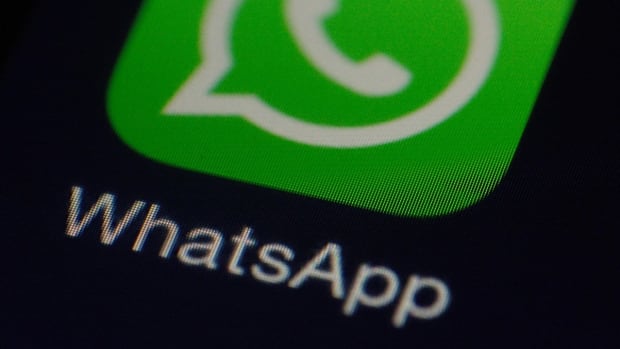
Signal users are on the rise, but will we ever get rid of WhatsApp?
The Signal discussion has been reignited in recent months. Many people now use WhatsApp and Signal at the same time. Will we ever get rid of WhatsApp? Folia asked Geert Lovink, professor of art and network culture at the University of Amsterdam and author of Stuck on the Platform, how we can reclaim the internet from the big tech companies.
Do you still use WhatsApp yourself?
“I never used WhatsApp and I left Facebook in 2010 during the first wave of protests against their privacy violations. I have been researching internet criticism and counterculture since the nineties. I was what is now called an internet pioneer and was involved in initiatives for an independent, decentralised network, for and by citizens. So I may be a naïve evangelist from the very beginning, but I still believe in the internet as a public European infrastructure and have always worked towards that goal.”
What is “wrong” with WhatsApp?
“You could say that WhatsApp is apparently the least harmful social media app within the Meta family. Fake news and manipulation are more common on Facebook and Instagram, with the possible exception of activities within WhatsApp groups that are difficult to follow.”

“I have always seen WhatsApp, founded in 2009, as a subtle but devious privatisation of a public function of the internet’s chat functionality. With the help of Facebook, a monopoly has emerged. Before WhatsApp was founded, if you had access to the internet, you could simply chat with other users without the intervention of a company. Later, that function was hijacked by setting up a more user-friendly interface for smartphones, managed by the WhatsApp company that was bought by Zuckerberg in 2014.”
“WhatsApp only allows you to be in contact with friends who also use WhatsApp. This limitation has been the subject of much debate in recent years. As a WhatsApp user, you should be able to communicate freely with Telegram and Signal users. Just as you can email from your UvA address to Gmail.”
Does it make sense to switch to Signal?
“Signal has the advantage of protecting your privacy. But for me, that is not the essential point at the moment. For me, the reason for switching to Signal is mainly to break the monopoly of large American tech companies that are in cahoots with Trump from Europe. Signal is part of a whole rainbow of alternatives.”
Both WhatsApp, owned by Meta, and Signal allow you to send messages to other people who use the same app. Neither company can read the messages thanks to a security system called end-to-end encryption. WhatsApp does use metadata, contact lists and user patterns for advertising purposes. Signal is a non-profit organisation that minimises data storage.
In the Netherlands, around 900,000 people are currently active on Signal. The number of definitive switchers who have also left WhatsApp is still small in the Netherlands: only 2 percent.
Do you think there is momentum now with those switching to Signal to break that monopoly?
“There is definitely momentum now. Over the past decade, no one was worried. Now, with Trump 2 and Elon Musk in his vicinity, a different situation has suddenly arisen. Many people have woken up.”
“In November and December we saw the number of Signal users grow, and it has continued to grow in recent months. The growth is still fairly limited, but it could pick up speed at any moment.”
Will we ever get rid of WhatsApp?
“I can see WhatsApp being forced to conform to a new European public infrastructure, previously known as the internet, and then a more open and free exchange of messages will be possible. Only then will the WhatsApp monopoly be broken and perhaps it will no longer matter whether it disappears or not.”
“There will always be believers and convenience people who stick with WhatsApp because they believe in the religion of Mark Zuckerberg. But that won’t matter once other people start using other apps that allow you to communicate with each other anyway. World politics are changing fast right now, so who knows.”


